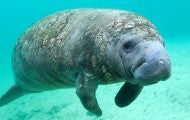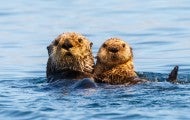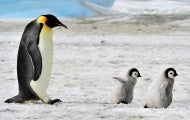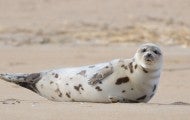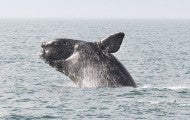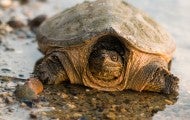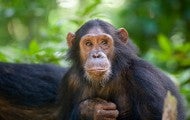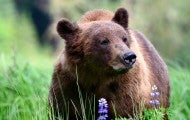Humans are fascinated by the intelligent and gregarious nature of the dolphin. As one consequence of this fascination, dolphins are commercially exploited in marine parks, aquaria and "swim-with-the-dolphins" (SWTD) attractions worldwide. In the United States, the Department of Commerce's National...
Danielle Tepper had always loved dolphins. When she went on vacation to Hawai'i, she knew she had to see them firsthand. Tepper—now a senior editor at the Humane Society of the United States—wanted to do it ethically, so she avoided captive dolphin attractions. Instead, she booked an excursion to...
When a young Jane Goodall entered the forests of Tanzania to study wild chimpanzees, neither she nor those supporting her work imagined the influence she would have. Today, Goodall—Ph.D., DBE, founder of the Jane Goodall Institute, and United Nations Messenger of Peace—is recognized not only as a...
Disasters and other emergencies can upend everyone’s lives—human and animal. That’s why we’re celebrating great progress for animals now that the U.S. Department of Agriculture announced that it will implement long-overdue requirements for contingency and disaster preparedness planning for animals...




